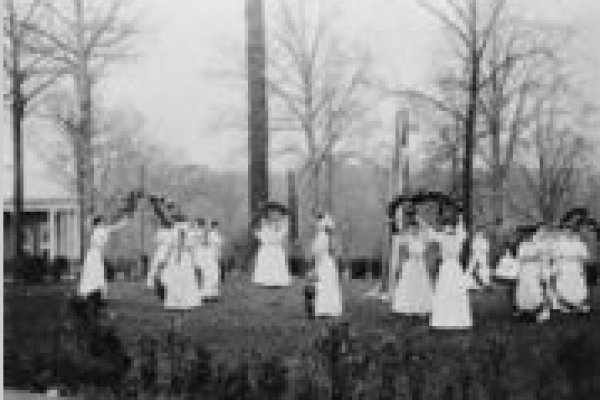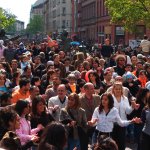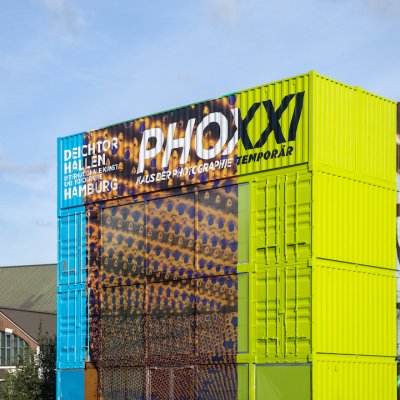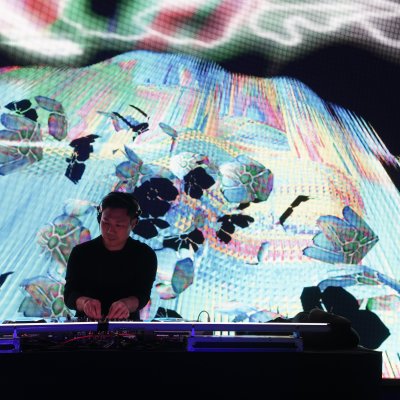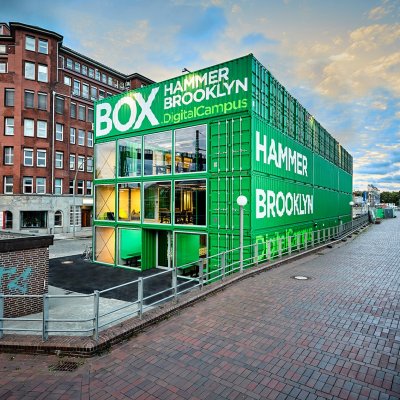since 1987 it has also become known for heavy riots in some districts of berlin. after police action against the radical leftist block in that year's annual demonstrations, the autonome scattered and sought cover at the ongoing annual street fair in kreuzberg (three years prior to the reunification, violent protests would only take place in the former west berlin). the former protesters began tipping over police cars, violently resisting arrest, and began building barricades after the police withdrew due to the unforeseen resistance. cars were set on fire, shops plundered and burned to the ground. the police were eventually able to end the riots the following night. these violent forms of protests by the radical left, including the punk rock scene, later increasingly involved participants without political motivation.
however, violence has been on the decline. annual street fairs have proven an effective way to prevent riots, and labour day in 2005 and 2006 have been among the most peaceful known to berlin in nearly 25 years. in recent years, neo-nazis and other groups on the far right like the npd have also used the day to schedule public demonstrations, often leading to clashes with left-wing protesters, which turned especially violent in the historical city of Leipzig in 1998 and 2005.
stamp of gdr's 1. mai
the 1987 protests were not the first to turn violent though. in 1929, the social democratic spd government prohibited the annual may day workers' demonstrations in berlin. the communist party kpd, which was the strongest party in berlin, called demonstrations nonetheless. by the end of the day, 32 demonstrators, workers and bystanders had been killed by the police, at least 80 were seriously injured. the berlin police, under control of the supposedly pro-labour social democratic government, had fired a total of 11,000 rounds of live ammunition. this incident, remembered in the german language as Blutmai (blood may) deepened the split between the workers' parties kpd and spd, that eventually gave an advantage to the nsdyp over their anti-fascist opponents in the parliament.
even though todays rumours predict different - this years labour day street party in kreuzberg seems to turn into a riot-free and hugh jam session with 19 stages and more then 100 live acts!


